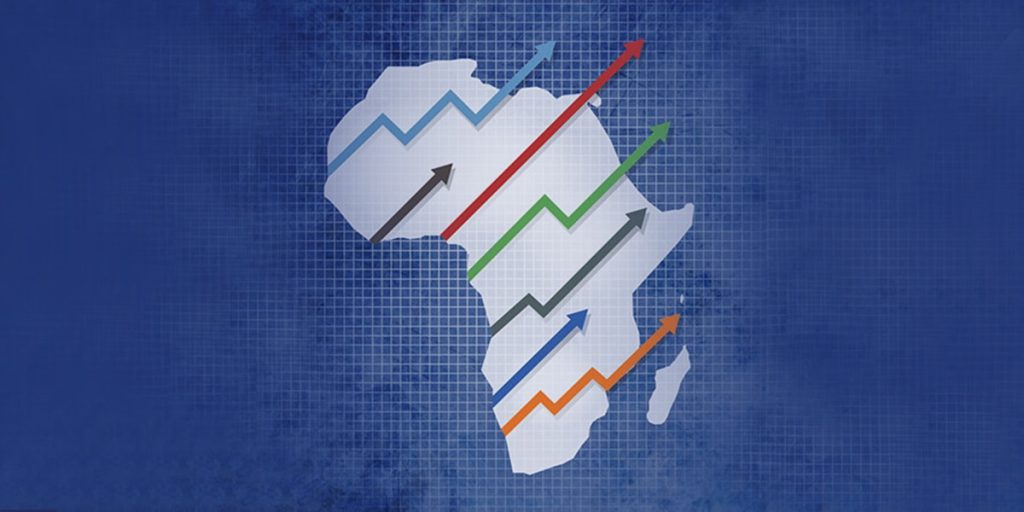Nearly half of Africa‘s population lives in countries where governance has worsened over the past decade, primarily due to declining security, according to a new report.
The annual Ibrahim Index of African Governance revealed that, despite progress in 33 countries, overall governance in 2023 had deteriorated in 21 nations, representing nearly half of the continent’s population, compared to 2014.
The report, released by the foundation of Sudanese-British businessman Mo Ibrahim, highlighted that in populous countries like Nigeria and Uganda, the decline in governance had accelerated in the latter half of the decade.

“There is a significant arc of instability and conflict across the continent, and this decline in security and safety is the main factor driving down overall governance,” Ibrahim told Reuters. He pointed to the coups in West Africa and the ongoing war in Sudan as key examples but noted that poor governance itself contributes to violence and instability. “When governance deteriorates—when corruption and marginalisation occur—people will take up arms,” he said.
The report also found improvements in infrastructure, such as mobile phone access and energy, as well as strides in women’s equality, which had benefitted roughly 95% of Africans by 2023. Metrics related to health, education, and the business environment had also seen continent-wide improvements.
However, public perceptions of progress were bleak, with many governance indicators showing negative trends in how citizens view the situation. The steepest declines were in perceptions of economic opportunities and safety. While women’s leadership was one of the few areas with positive perceptions, the foundation noted that rising expectations in countries making progress, along with a focus on persisting challenges, could explain the widespread dissatisfaction.
Ibrahim warned that this growing public discontent is a serious concern. “High levels of dissatisfaction can lead to unrest, increased migration, and conflicts,” he said.


